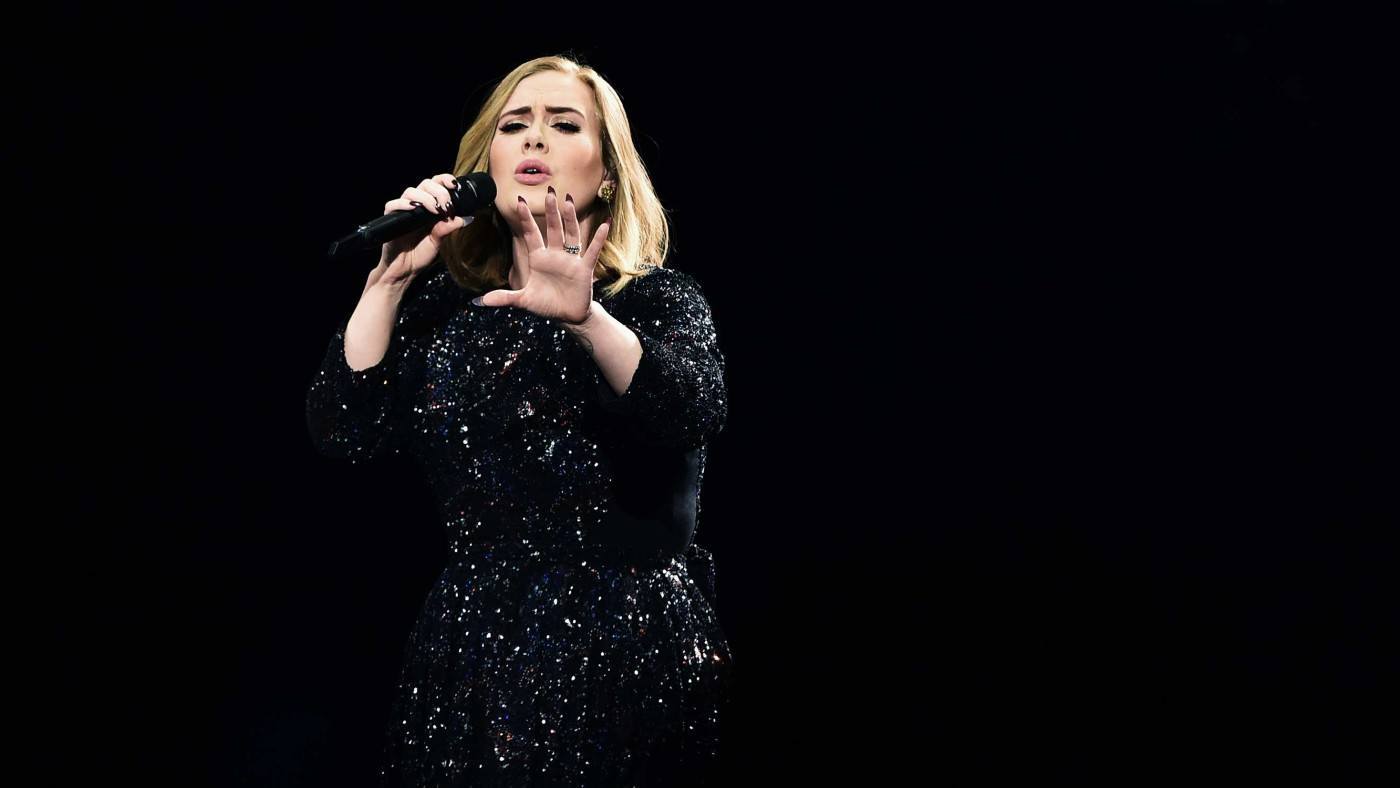The government is currently considering responses to a submission on whether it should take action on ticket touts. We do not live in an under-regulated country and it does not seem to me that the government should be determining ticket resale rules for Adele’s next concert or criminalising activity which clearly should not be criminal.
What exactly is the issue here? To take an example, a pop star (or agent, or concert producer) may take a decision that they wish tickets to go not just to those who can pay the most but to the widest possible fan base or to fans who have particular characteristics (for example, those who have joined a fan club). In other words, the star, through their promoter, is willing to sacrifice immediate income in order to perform to a particular audience. This may be done to maximise income in the longer term (by building a more loyal fan base) or it could be an act of altruism or reciprocity: we don’t have to worry about the motivation.
An original purchaser of the tickets might then sell them to somebody who is willing to pay a higher price and, in doing so, make a huge profit. This might be on ebay, hand-to-hand or through some other method. In some situations, it might be possible for businesses or motivated individuals to acquire a lot of cheap tickets and sell them on in this way. There are reports of tickets with a face value of tens of pounds being sold for thousands for Adele concerts.
Simon Jenkins takes an unusually (for him) utilitarian view on this matter, arguing that allowing a secondary market ensures that tickets will go to those who value them most and that the pop stars who are complaining should give free concerts to the most avid fans or require fans to queue on the day for tickets that are set aside for them. If the pop stars think that low ticket prices help the poor, he argues, they should sell at a higher price and give the money to charity.
But, this misses the point. Pop stars and promoters are entitled to price their tickets as they wish and distribute them how they wish: it is a private event. If Simon Jenkins invited 100 people to a party at his home, he would not expect one of the invitees to sell his free invitation to a rich person – the invitation would be non-transferable. If pop stars wish to make tickets non-transferable, that is their right. That is the “free market position” – you can set up your concert as you wish, invite whom you wish, sell tickets to whom you wish and sell them for what price you wish. There may be all sorts of reasons why an institution such as a football club or a pop star want to have a diverse audience rather than the highest-paying audience. Indeed, we don’t need even to enquire about the reasons. A free economy does not just lead to a “value maximising” position as defined by the greatest amount of revenue raised, it provides an institutional framework within which people can pursue their aims and objectives whatever they may be. Being loyal to a fan base might be one such objective.
However, if you are a rich pop star or well-endowed football club putting on an event, what you cannot do is expect the government to do your work for you by making the act of selling on a ticket a criminal offence of investing resources in enforcement or in developing some kind of regulatory code. There are perfectly reasonable forms of enforcement that the promoters can use themselves. For example, ID checks or credit card checks can be made on entry. It was reported in The Times yesterday that a new iPhone app might be able to do the same job without the costs involved with ID checks.
Quite simply, it appears that promoters do not want to bear the costs involved. But, it is their event; it is their problem; the technology exists to solve it; they should deal with it. Apparently, Leicester City fans are being charged up to £15,000 a pair for tickets for their final home game. It is a relatively simple job to ensure that, if it is what Leicester City wants, those who are buying tickets on the secondary market are turned away (and those selling the tickets lose their privileged membership status). But it is the job of one of the richest 50 brands in world football to do this and not the government’s job.
Sometimes, touts operate in a slightly different situation and banning them would seriously disrupt the market. In order to reduce marketing costs, a promoter may sell tickets widely and at a price that will ensure the success of the event through various agents. If the event turns out to be a great success, tickets might resell for several times their face value, but, if the event bombs, the distributors might have large numbers of tickets on their hands. It is completely unreasonable for producers to complain about secondary markets in these situations. They have sub-contracted the job of marketing the tickets and the touts are part of the distribution network. By aiding the distribution of the tickets they are likely to increase the average price that the promoter can charge and everybody benefits. The distribution network helps everybody.
Rich pop starts and football clubs have no right to expect the state to police the marketing of their private events and, if they did, as with all regulation, there are likely to be serious unforeseen consequences.


